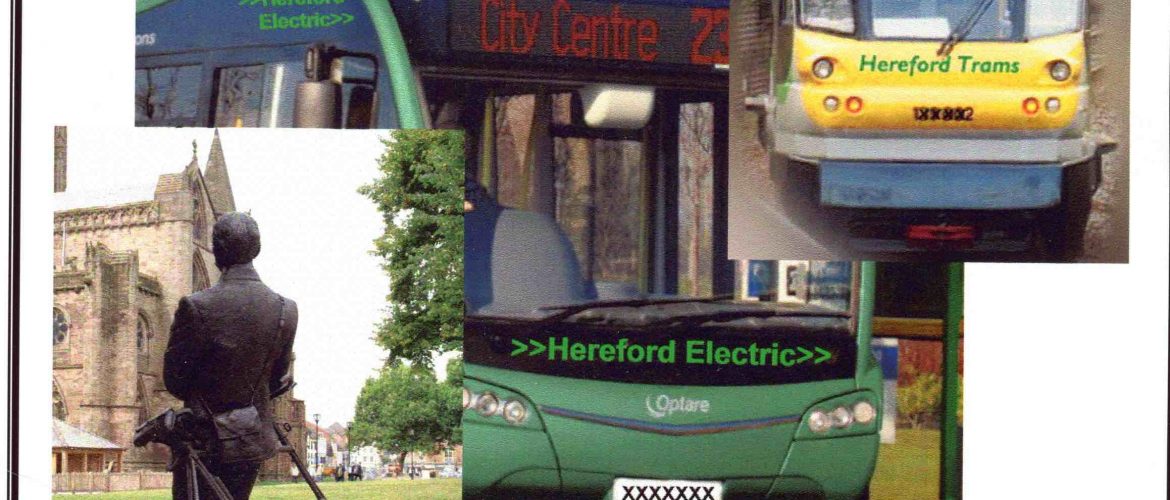From Herefordshire Sustainable Transport Group
The writer Monisha Rajesh made a telling and accurate comment in her book ‘Around the World in 80 Trains’. She said: As a people we’d become obsessed with speed, checking our watches, glancing at the clock, running for the tube, inventing bullet trains, faster internet and instant coffee, yet where was the extra time we were saving? And what were we doing with it? If speed was improving our lives, then why were the days busier, longer and harder, our minds overburdened and tired?
Since the 1960s the country has been consistently wound up to consider time and speed to be important and essential to our existence. Thus considerable research has been undertaken to put a value on time. The government started this, incorporating a time saving benefit as an essential element in the justification for road building and it has been retained as a fundamental part of all transport planning and modelling since.
With this obsession with time and speed, the country shrank as it became easier to travel twenty miles to a large supermarket than shop in the local village store. Rural post offices, doctors surgeries and small manufactories disappeared as time and speed allowed services to be concentrated in major hubs. The need to travel took over and with it the need to own a car. Car ownership increased and with it the size and power of the automobile and the commercial vehicle. The carbon footprint of transport has shown a progressive increase ever since.
Then suddenly, due to a pandemic, the country has been forced to slow down; it has had to be locked down. What is more, the pandemic and associated government action is making people think. They now have time to think. Is time and speed as critical as is made out? Is all this rushing around in cars necessary? Importantly, the people and government are showing a valid realisation that we cannot limit climate damage without getting a grip on the carbon emissions that transport dumps into the atmosphere.
We are suddenly hearing the phrases ‘think before you travel’, ‘is your journey necessary’ and ‘shop locally’. The word localism is creeping into vogue. With this start of a fundamental change in attitude, it is encouraging to hear the Chief Executive Officer of TRL Ltd (previously the Transport & Road Research Laboratory) state:
At TRL we believe (and here I plug our recently published white paper on decarbonisation) that technical fixes to the vehicles and infrastructure that support our transport networks are not enough. We believe that we will need to address transport demand: every person and every company will need to think about their transport choices. We are not alone in thinking this: the Climate Change Committee have just published their recommendations for the UK’s sixth climate budget and they model “…reduction in travel demand…” as a key contributor to a zero carbon future.
Slowing the country down, a return to localism and a long hard look at land-use planning in relation to generating transport demand has become essential, whilst a reassessment of the value of time more in tune with not burning ourselves out and messing up the planet should be a government priority. As Monisha hinted, it is not the value of time but the quality of time that is important.
To contact HSTG please email ghal@btinternet.com or protheroughcarole32@gmail.com


